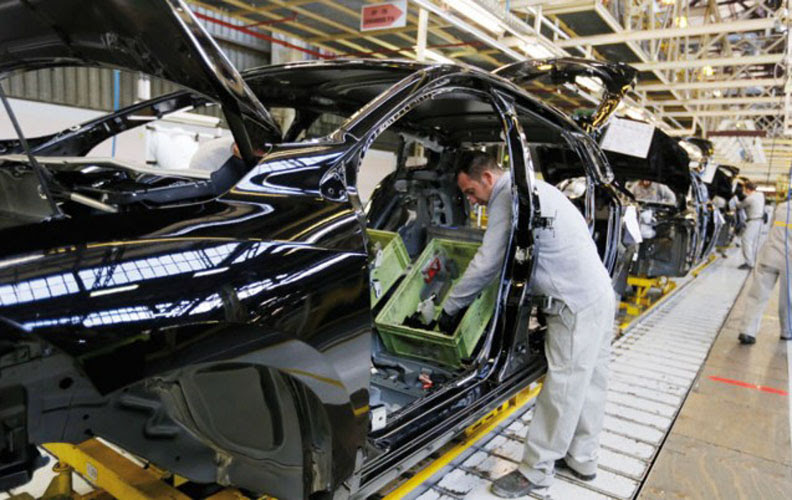Tires&Parts
Posted By: Manju Mathewon
A new research report published by BMI research projects that Morocco is likely to soon become a hub for the automotive industry in North Africa. While Egypt was previously considered as a very attractive investment destination by automotive and parts manufacturers, high interest rates, inflation has dimmed these prospects.
Morocco’s government has set a production target of 1 million units over the next 10 years and is doing all it can to ensure that this target is met.
Leading automotive players like PSA and Renault have signed deals for investment in Morocco recently as has Magneti Marelli, Fiat’s subsidiary which recently signed a deal to set up a plant in Tangier.
According to the report, Samsung is likely to acquire Magneti Marelli and this will support the local government’s plan to heavily promote electric vehicles (EVs) within the next 10 years.
Another automotive company which is planning to establish its presence in Morocco is Spanish car parts manufacturer, Ficosa International, which has plans to invest 50 million euros for setting up a factory in Rabat.
Sogefi, a part of the CIR Group, which manufactures different types of engine filtration systems is also planning to set up its first factory in Africa in the Tangier free trade zone and this is slated to become operational in early 2018. JTEKT, a Japanese company that is the biggest manufacturer of power assisted steering systems is also planning have its first production facility in the MENA region in Tangier Med, in the Tangier Automotive City.
The plans announced by all these key players in the automotive industry attest to Morocco’s attractiveness as an investment destination. The Moroccan government is doing all it can to promote the country with investment friendly policies like the 2009 National Plan for Industrial Development, which gave impetus for companies like Renault and Bombardier to set up factories in Tangier and Casablanca respectively. Other government measures include tax holidays in the first five years for investing companies.
These projects are expected to not only boost the economy, but also to increase employment of the local people.
The BMI report predicts that Morocco will become the largest automotive market by the end of 2017, as an outcome of greater availability of cheaper, locally produced vehicles and positive macroeconomic fundamentals.
The research firm expects total new vehicle sales in Morocco to reach 169, 295 units by the end of this yead as opposed to 152,552 units in Egypt. By the end of 2021, this is expected to increase to 249,029 units, compared to Egypt’s total of 170,864 units.








